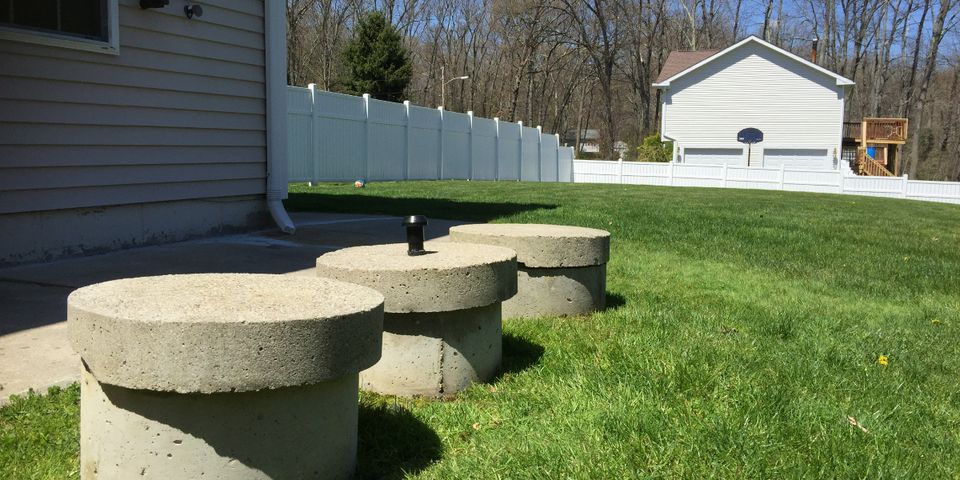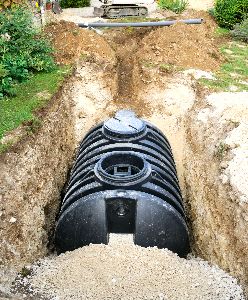4 Frequently Asked Questions About Septic Systems

If a property doesn't have plumbing that connects to the municipal sewer system, it relies on a septic system. These waste management solutions are common in rural and suburban areas and are effective at treating wastewater in an eco-friendly way. However, if this is your first time owning a home with a septic tank and drain field, you might be unfamiliar with how they work. Here's a closer look at the answers to your most likely questions.
What New Homeowners Ask About Septic Systems
How are septic systems environmentally friendly?
The way these systems treat wastewater is a natural process that doesn't rely on harsh chemicals. When a property produces waste, it travels from the building to a buried septic tank via a pipe. Natural bacteria break down the waste products.
The water then leaves the tank and goes into the drain field for filtration through the soil. When the wastewater reaches groundwater, it won't have harmful pathogens contaminating the environment.
Where's the best place to put a septic tank?

It's best to consult with the local health department to learn about their regulations for septic tank placements. However, most places require tanks to be on level ground so that solid waste will sink into the tank. They should also be located away from areas that flood quickly or have dense tree roots. Ponding water and tree roots can damage the septic tank and lead to possible contamination of the land around the affected area.
How long do septic systems last?
It depends on the materials used and the system's upkeep. The life span can range from 15 to 40 years. Steel is a durable material, but it's susceptible to corrosion from the soil's acidity. However, concrete is strong enough to last up to four decades without rusting. Low-quality concrete in acidic soil will degrade faster than 40 years, though.
Are there different types of systems available?
Yes. Depending on your budget, lot size, soil conditions, and local regulations, you might benefit from one septic system over another. The most common system type is the conventional gravity septic with a gravel drain field. Other options include the chamber system comprising several connected pipes and chambers surrounded by soil, a drip distribution system that doesn't need a traditional drain field, and an aerobic treatment system that treats wastewater with an oxygen infusion.
If your property in Seminole, AL, has a septic system, turn to Baldwin Septic Tanks LLC. This company offers some of the best septic services in Baldwin, Escambia, and Santa Rosa counties, including septic tank repair, tank maintenance, and drain field repair. Their skilled team is available 24/7 for emergencies. They can thoroughly pump, clean, inspect, and repair septic tanks and plumbing to ensure the system's efficiency. Learn more about their services online or call (251) 946-3250 to schedule an appointment.
About the Business
(3 reviews)
Have a question? Ask the experts!
Send your question

